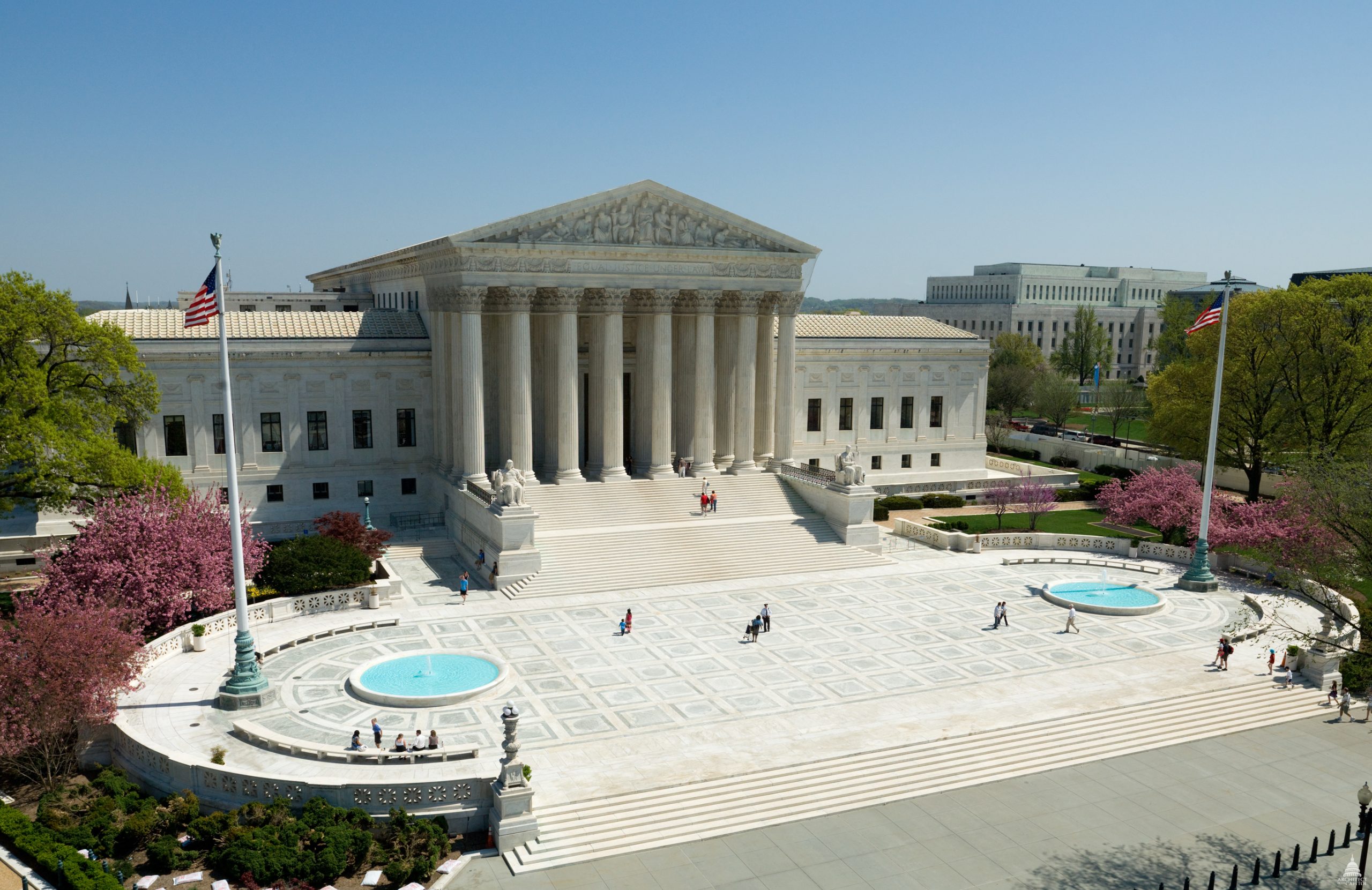Summary: A federal judge in Chicago has ordered the release of hundreds of immigrants held in ICE detention, ruling that their arrests likely violated a longstanding consent decree. The decision delivers a major setback to the Trump administration’s immigration crackdown and raises questions about the legality of recent enforcement operations.
A US District Court in Chicago has directed the release of more than 600 immigrants detained by Immigration and Customs Enforcement (ICE), citing unlawful arrests carried out under the Trump administration’s Operation Midway Blitz. Judge Jeffrey Cummings ruled that the detentions breached the Castañon Nava consent decree, which restricts warrantless immigration arrests without probable cause Jurist Fox News Daily Mail.
The order requires ICE to free 13 detainees immediately and place 615 others into alternatives-to-detention monitoring programs by November 21. Deportation and voluntary departure proceedings for those individuals have also been suspended pending review Jurist National Immigrant Justice Center Reason.com.
Operation Midway Blitz, launched in September, targeted undocumented migrants in the Chicago area. Federal officials said the initiative was intended to honor Katie Abraham, a local resident killed in a drunk driving incident involving an undocumented immigrant. Rights groups, however, argue the operation resulted in sweeping arrests of individuals with no criminal records or deportation orders, violating constitutional protections Jurist The New Republic CBS News.
The Department of Homeland Security (DHS) criticized the ruling, calling Judge Cummings an “activist” who put public safety at risk. Immigration advocates countered that the decision underscores systemic violations of due process and highlights the dangers of mass enforcement tactics Fox News Daily Mail.
Legal experts note the ruling could have far-reaching implications for federal immigration policy, reinforcing judicial oversight of ICE practices and limiting executive authority in mass detention operations. The case also intensifies scrutiny of the Trump administration’s broader immigration agenda, which has faced repeated legal challenges.
The Chicago ruling marks one of the most significant judicial interventions in US immigration enforcement in recent years, forcing the release of hundreds of detainees and spotlighting the tension between federal crackdowns and constitutional safeguards.



